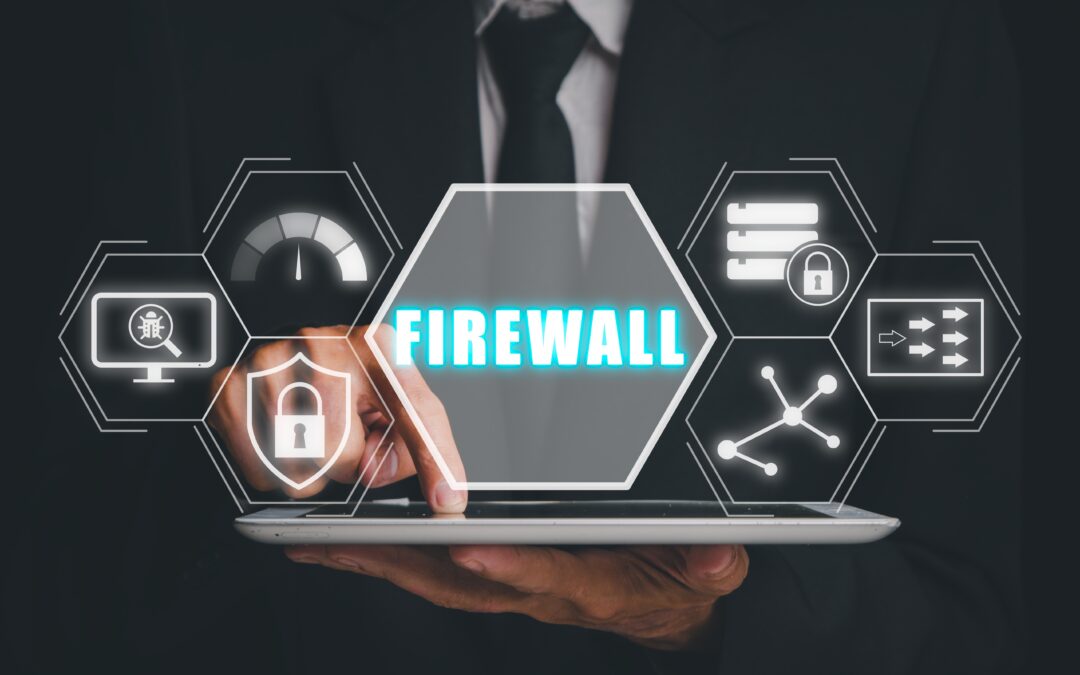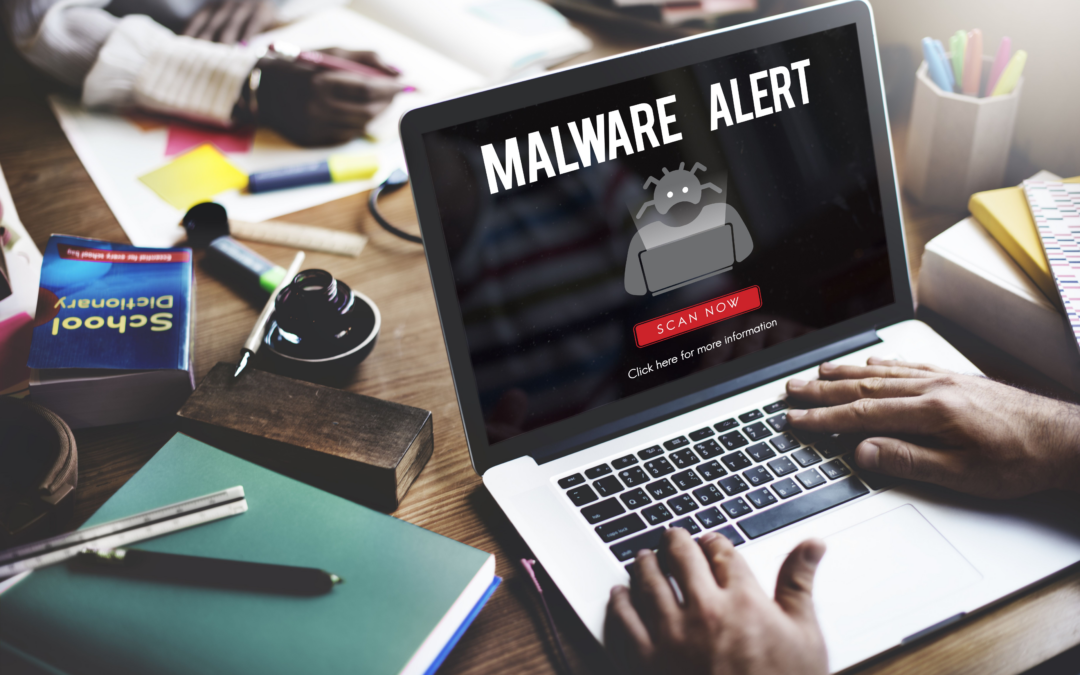
How will You Keep Your DOD Contacts?
Prioritizing the security of your company’s network is an essential practice when it comes to remaining as productive as possible. Unfortunately, failure to do so could easily result in a large number of legal complications.
When it comes to firewall security, you may be surprised to learn this type of protection can expire. Let’s take a deeper look at what you need to know.
When Does Firewall Security Expire?
As time goes on, cybercriminals develop more advanced tools to procure sensitive data. As a result, the firewall protection you implement can quickly become outdated if you aren’t regularly updating it.
To clarify, even a firewall defense that uses relatively contemporary safeguards can become highly inefficient as hackers begin to use new types of malware.
In fact, a firewall that looks notably strong on paper may not accomplish its task appropriately.
However, to answer the above question, firewall security can be considered expired when it no longer receives regular patches, updates, and other similar services.
What Are the Risks?
As you might assume, the most significant risk of having your firewall security expire comes from failing to protect sensitive information adequately.
Depending on the industry you work in, this often includes data that should never fall into the wrong hands (such as medical patient info).
Additionally, you run the risk of hackers procuring trade secrets that they can then sell to other companies within your industry. In many scenarios, a situation like this is complicated to recover from for any business.
What Should I Look For in a Provider?
The ideal provider to work with implements a renewal policy. In practice, this will allow you to continually renew your firewall service automatically so that you can ensure you are always protected.
This firewall service often includes frequent threat detection updates and new firmware implementation.
Additionally, the provider you work with should also have some form of continual customer support for your firewall service. This level of customer support means that you should be able to quickly get in touch with your service provider with questions or concerns.
While it isn’t always practical to assume that your provider will offer 24/7 customer service, many provide round-the-clock service 365 days a year.
You should also take a look at their past reviews. You’ll gain insight into whether or not you can expect to receive the level of service you are looking for for your business.
Maintaining Proper Firewall Security Is Crucial
You must take the necessary steps to maintain firewall security properly. From here, you’ll have no issue ensuring that your firewall security is as protective as possible over the sensitive data in your organization.
Want to learn more about what Black Bottle IT has to offer your business? Feel free to reach out to us today and see how we can help.




